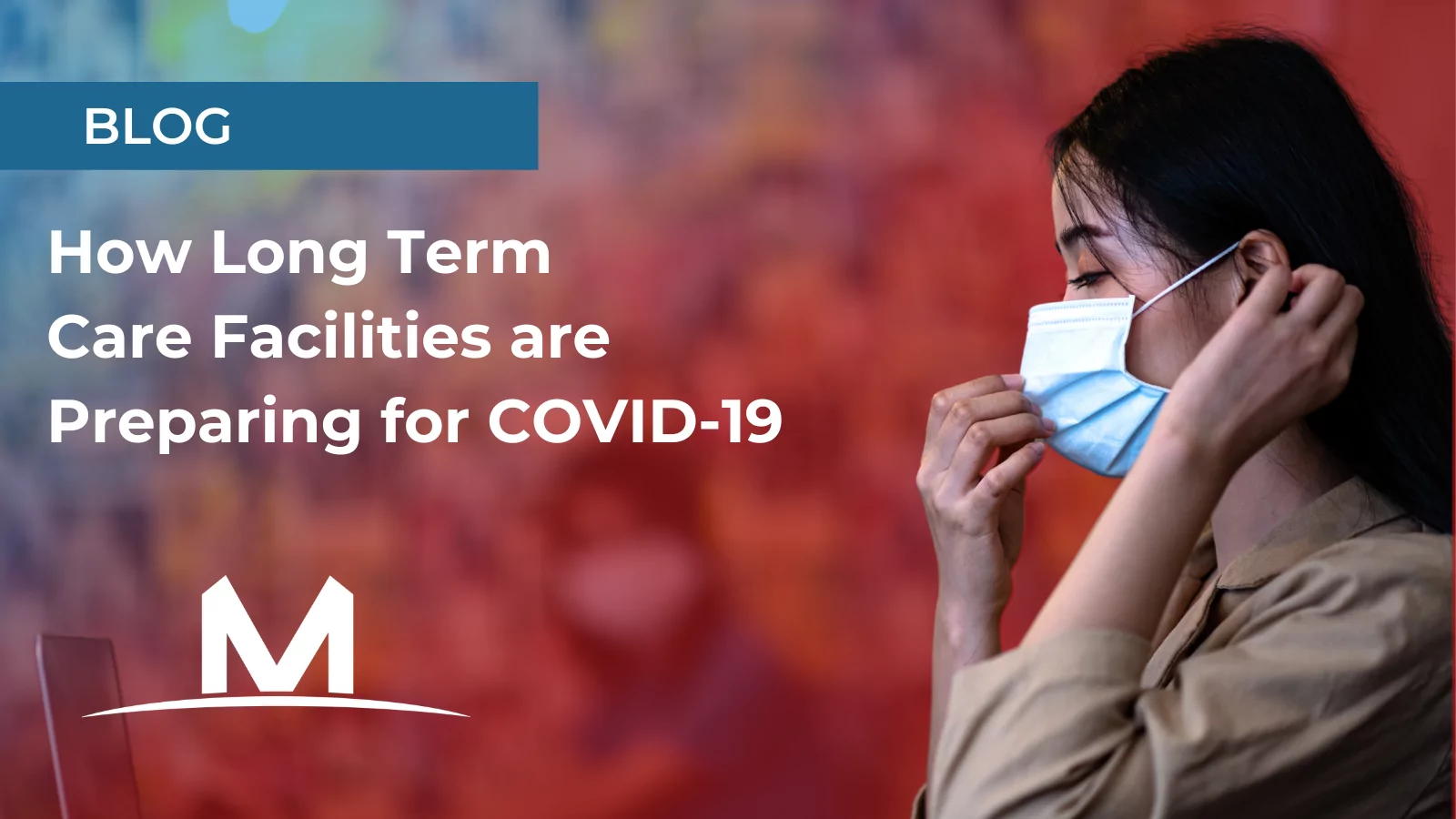How Long-Term Care Facilities are Preparing for COVID-19

Author: Maxwell Healthcare Associates Posted: March 26, 2020
COVID-19 continues to spread as cases of the virus are now reported to be in every state of the United States. The coronavirus is extremely contagious and does not discriminate against any age group. However, those who are elderly and have compromised immune systems remain the most vulnerable. This obvious concern puts many in post-acute and long term care at risk. Containment and mitigation measures put into place by hospice agencies are now in effect and require facilities to monitor their entire organization with greater scrutiny.
Agencies across the nation moved rapidly to enact procedures to protect and serve their patients in long-term facilities. The general strategies the Center for Disease Control and Prevention (CDC) recommends are similar strategies facilities follow when they detect and prevent the spread of any respiratory virus that is easily contracted. Extra screening of all clinical staff is administered to prevent the possibility of infection. Visitation and the use of volunteers at these organizations is either extremely limited or eliminated altogether. Instead, the use of video conferences, also known as telehealth, is used to replace a formal in-person visit. The Center for Medicare and Medicaid Services (CMS) has approved the usage of Skype and FaceTime as appropriate software to deliver two-way audio/video transmission for physician related visits. Although anticipated shortly as we write this blog, CMS has not approved telehealth as a billable visit for a nurse, therapist, social worker or other care provider. The delay in this approval is putting caregivers at risk.
CDC’s Recommended Checklist for Preparedness
The federal agency has provided a thorough checklist to assess and improve a facility’s preparedness for COVID-19. The checklist helps organizations develop a plan to identify patients that may be ill, address concerns over supplies and resources, education, and several other critical items to assist in preparation. The CDC also recommends the education of all health providers along with family members on actions the facility is taking to combat COVID-19.
Despite current statistics and infected numbers that continue to grow, the coronavirus does not need to be met with fear. Rather, with enough education and preparation, long-term facilities can effectively weather this storm in an effective manner.
Contact us at [email protected] to learn more.
